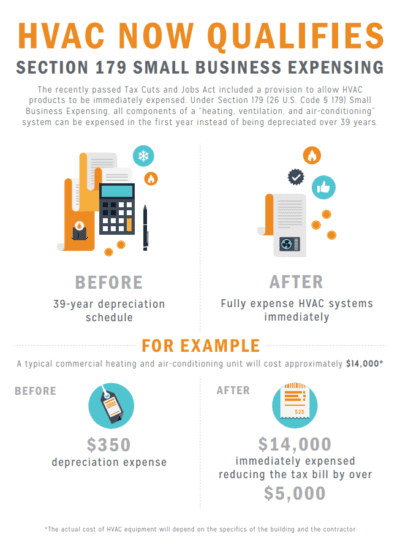Heat Pump Vs Furnace - Which Is The Better Heating Option For Your Home?
Heat Pump Vs Furnace - Which Is The Better Heating Option For Your Home?
Blog Article
Post Writer-Huynh Mosegaard
Lots of house owners are familiar with furnaces, which heat homes with oil or natural gas and push hot air with ductwork. They are relatively low-cost and can provide reliable home heating also throughout a winter months power blackout.
However, they utilize nonrenewable fuel sources and produce carbon monoxide and other air pollution. They additionally aren't as energy-efficient as a high-efficiency heat pump.
Expense
Usually, heat pumps are much more cost effective to run than furnaces. They typically utilize power and cooling agent to extract warm from outdoor air, and afterwards move it right into your home. You can take advantage of less expensive power rates throughout off-peak hours to even more reduce your home heating costs.
Unlike heatpump, gas or wood-burning furnaces use combustion to create warm, releasing flue gases right into the ambience that can be dangerous to your health and wellness. These heaters are additionally less energy-efficient than heatpump, and their greater operating expense can build up with time.
Heating systems are much more difficult than heat pumps and require routine upkeep to make certain the proper function of all parts. Despite this, they tend to last longer than heatpump with a regular life-span of two decades or more. Nonetheless, you'll need to factor in the cost of gas, gas oil or wood and the added devices required for installation and procedure such as ducts and air flow systems.
Power Effectiveness
Heat pumps have a greater power effectiveness rating than heating systems. These systems make use of power to feed on heat from the air, also in freezing temperatures. They can also remove excess warmth from the home during warmer months and recycle it to cool the system. Provider specialists can help you establish the most effective version for your home based on environment and resource power expenses.
Furnaces melt fuel oil, lp, gas or other kinds of fossil fuel to warm the air in the home. This air is after that spread via ductwork using a huge follower. Heaters generate greenhouse gases and require regular upkeep and equipment upgrades to ensure secure operation.
The largest advantage of a furnace is that it can be operated also in severe winter conditions due to the fact that it does not depend on exterior temperatures to heat the air. Heaters likewise have a longer life-span than heat pumps and typically last 15 years. They can additionally be coupled with twin gas alternatives, which pick the most reliable home heating option based upon the weather condition.
Environment
Heat pumps work well in moderate climates and make use of much less resource energy than furnaces. Nevertheless, if your region is incredibly chilly, you might require to invest in a common gas heater rather.
Heaters provide cozy, comfortable warmth and usually use quick home heating to elevate indoor temperatures. These systems can be made use of with a variety of gas types, including natural gas, propane, oil or electricity.
They eat a lot more power than heatpump-- as much as 3x as much-- and call for ductwork that's costly to mount or retrofit. They're additionally much more pricey to preserve, as they can create air quality issues and create greenhouse gas exhausts.
If you're committed to minimizing your carbon footprint, a heatpump is an excellent choice for your home. visit the next website page have fewer greenhouse gas discharges than heating systems, specifically if you pick an ENERGY CELEBRITY ® heatpump. Your regional Provider professional can explain the distinctions in between these 2 furnace and help you make the best decision for your special demands.
heat pump supply and install can be very power reliable when powered by gas, gas or oil, but they aren't as power efficient as heat pumps in icy climates. They can likewise be extra expensive to set up, requiring gas lines and air flow systems.
Nonetheless, furnaces often tend to call for much less maintenance, which can result in lower ongoing expenses. They produce less greenhouse gases and are more trustworthy than heat pumps during extreme weather.
Electric heatpump are extra flexible in creating indoor comfort since they can additionally function as air conditioning system during warmer months. They can be easier to keep, calling for just normal air filter adjustments and occasional vacuuming.
If https://www.insider.com/guides/health/treatments/how-to-stay-cool-without-ac like the benefit of a single system that does it all, consider a hybrid heating remedy that pairs a heater with an electric heatpump. These systems can instantly change between both heating alternatives based upon your home's needs and temperature level problems, optimizing performance and savings.